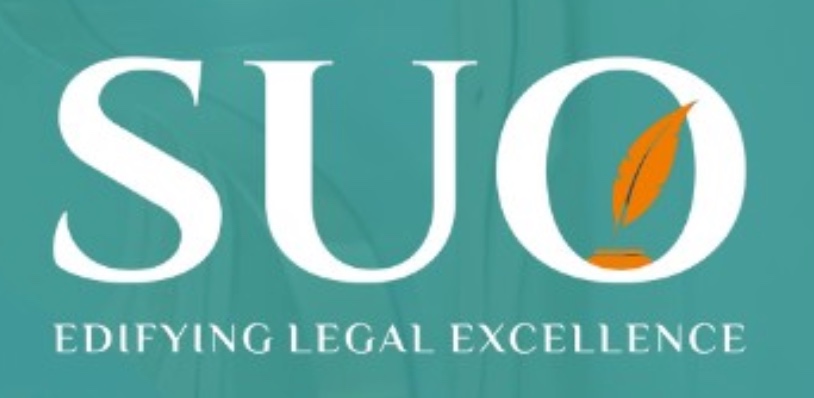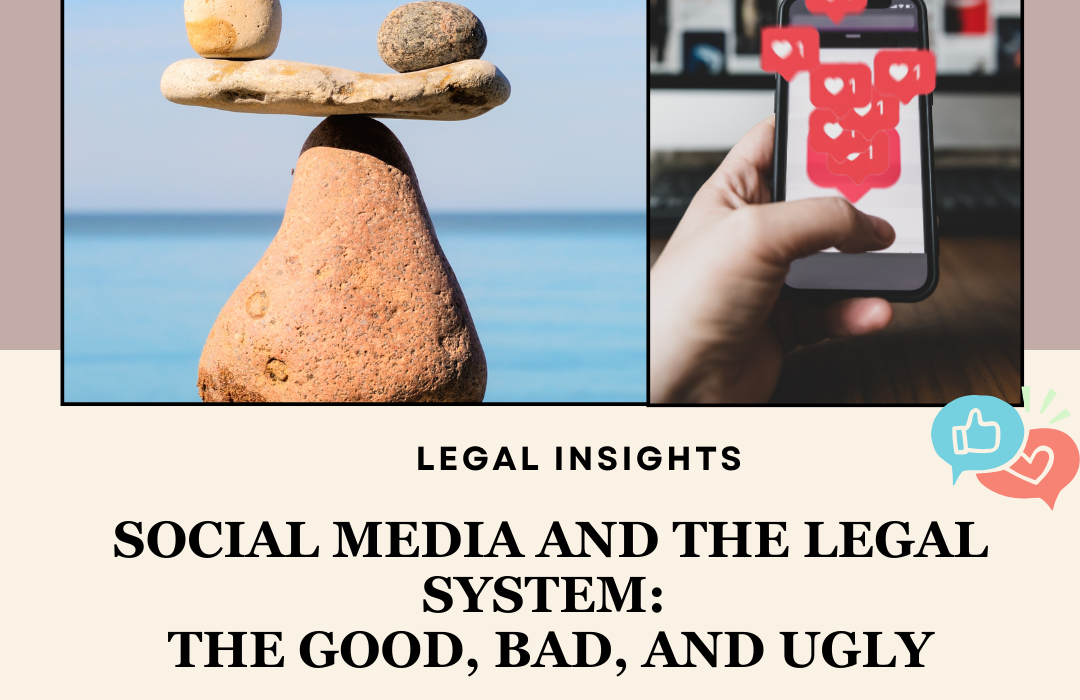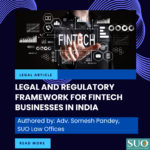SOCIAL MEDIA AND THE LEGAL SYSTEM: THE GOOD, BAD, AND UGLY
Introduction
With 820 million active internet users, more than half of India’s population has access to the internet. It is safe to say, that with the increase in internet penetration comes the unprecedented surge in the number of social media users. Platforms like Facebook, WhatsApp, Instagram, and X (formerly Twitter) have become an integral partof our lives, and their impact is profound. One of the many areas facing significant alterations in light of the same is the legal field, particularly trial proceedings. This article is an attempt to study the implications brought about by public perception and social media; both, positive and negative.
The Positive Influence of Social Media on Legal Proceedings
Social media platforms put a wealth of information in the public domain, which can be used to supplement or challenge the credibility of the claims being raised by the parties, depending on the admissibility of the same. It gives a voice to victims who can put forth their grievances for the world to see. Another aspect that cannot be sidelined is the importance of public awareness that can, at times significantly alter the next course of action. With the ability to access several court judgments in a few clicks, people are becoming increasingly aware of their rights. There have been multiple instances over the years wherein public outrage translated into accountability at the end of the system, thus compelling the respective authorities to initiate necessary action against the perpetrators. The most recent and widely covered example of the same is the tragic Pune Porsche Accident Case where an inebriated minor rammed an unregistered luxury vehicle into a bike, claiming the lives of two innocent engineers. While initially let off with a mere slap on the wrist, the accused and his family members are now facing the implications of their reckless actions by rightfully being subjected to the due procedure of law. It cannot be denied that the public outcry and demand for justice across all social media platforms played a pivotal role in influencing the case, which otherwise would have been swept under the rug. Multiple posts and intense online discussions served as a reminder that the law of the land must be equal for all, irrespective of wealth and privilege.
Another incident that highlighted the role of social media and media coverage in general was the horrific Nirbhaya Case from 2012. Widespread media coverage and calls for protests across platforms like Facebook and Twitter played a significant role in mobilizing public support throughout India. This demand for change, coupled with the power afforded by social media resulted in the amendment of some of the archaic provisions of the Indian Penal Code.
Moving further, social media also helps people stay up to date with the ever evolving legal world. It facilitates quick dissemination of information, spreads legal awareness, and provides convenient access to information. Further, live streaming of court proceedings ensures accessibility and promotes transparency. For instance, social media played a crucial role during the COVID-19 pandemic, prompting authorities to take legal action against individuals engaged in hoarding and black marketing of life saving supplies like oxygen cylinders and medicines.
Social Media Trials: A Threat to Fair Proceedings?
While media is the fourth pillar of the democracy which keeps the other threepillars (namely the legislative, executive, and judiciary) in check, it is nearly impossible to ignore the ramifications of “media trials”, which have time and again grossly undermined the sanctity of the judicial system as well as the well-established principle of criminal jurisprudence: “innocent until proven guilty.”
Media trials can be defined as “the effect of television and newspaper reporting on a person’s image by generating a common presumption of guilt, irrespective of any decision in a court of law.” This ordeal is further exacerbated by social media, where multiple sources often present unverified information and prejudiced views, adding fuel to the fire. Though it is healthy to engage in an exchange of thoughts online, people often misuse their freedom of speech and expression by putting personal interests and selfish reasons at the forefront.
Though many high profile cases like those of Sushant Singh Rajput and Aryan Khan shed light on more pressing and less discussed issues within the society, the subsequent media trials that ensued also led to digital witch hunts, breach of privacy, and character assassination of the accused persons. In the midst of heated online discussions, the court of public opinion seemingly makesits decision even before the commencement of actual trials. The principle of presumption of innocence goes for a toss, with the accused persons and their families becoming subjects of unprecedented mental harassment, trolling, and threats by keyboard warriors. Unfortunately, even legal functionaries are no strangers to this harassment, with judges being trolled relentlessly by people having incomplete or no knowledge about the factual matrix of a situation.
These social media trials and the resulting public scrutiny can gravely impact legal proceedings by potentially swaying the judges and juries alike. Similarly, the hue and cry on social media may also play a part in distracting the respective parties from the core issue, which in turn may obstruct the proceedings and impede justice. Hence, while it is important to regulate the information being disseminated on social media, it becomes equally important for legal professionals to maintain professionalism, neutrality, and impartiality so as to not let their personalopinions reflect in the verdict of a case.
Conclusion
It is safe to say that social media is a double edged sword which comes with its pros and cons, as far as its impact on the legal system is concerned. While there have been seemingly positive outcomes due to public opinion, one cannot ignore the evils. As well informed citizens of the country, it is our duty to be more conscious of the content that we consume on social media. We must ensure that we are not swayed by mob mentality, by conductingproper research on the source and authenticity of the content being presented to us. If used responsibly, social media is one of the most powerful tools at the disposal of the public and legal professionals alike, which has enormous potential to bring about a wave of change.
Authored by: Priyamvada Lonial, Advocate, SUO Law Offices



